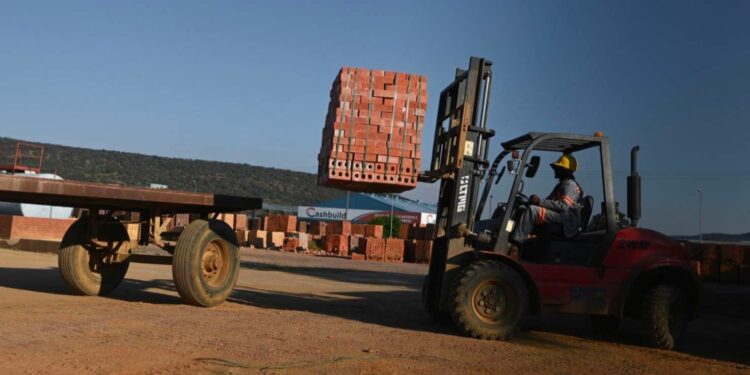
In the quiet town of Lobatse,in southern Botswana,the smoke rising from the kilns once again paints the sky—an unmistakable sign that an industrial story is being powerfully rewritten. Lobatse Clay Works (LCW),the iconic brick factory that once fueled the country’s construction boom,has resumed operations after several years of inactivity. Now equipped with modern machinery and driven by a strategy focused on efficiency,the plant is once again the engine of development for an entire community.
Since its founding in 1992,LCW has been synonymous with quality and growth. Its bricks—recognized for their distinctive reddish-brown hue—were used in the construction of schools,hospitals,and public buildings throughout Botswana. However,in 2017,a combination of technical issues,high production costs,and outdated equipment forced the plant to shut down,leaving dozens of workers unemployed and plunging Lobatse into uncertainty.
Africa: The 25 financial leaders shaping the economy in 2025
The company’s revival is the result of a firm commitment to technological modernization and national economic diversification. With financial support channeled through the Botswana Development Corporation (BDC),the plant has acquired state-of-the-art machinery and introduced a hybrid fuel system that has significantly reduced energy costs. These improvements have enabled a monthly output of three million bricks—enough to meet domestic demand while positioning LCW as a competitive exporter to South Africa,Zimbabwe,and Namibia.
But the impact goes beyond production. With 148 direct jobs already created and a growing value chain that includes transport,logistics,and services,Lobatse Clay Works has once again become central to local development. “The buildings that shaped modern Botswana will rise again from our clay,” said Anthony Moepeng,the company’s acting CEO,expressing the pride with which the community embraces this new chapter.
This industrial recovery also aligns with Botswana’s broader goal of reducing its reliance on the diamond sector and strengthening the country’s manufacturing capabilities. The BDC itself has reaffirmed plans to expand the factory’s operations to include tile production. “We have been able to restart operations and target new growth opportunities across the region,” said Benedicta Abosi,BDC’s acting Managing Director.
The revival of Lobatse Clay Works represents more than the return of a business—it embodies a renewed vision of economic development rooted in local employment,productive innovation,and Botswana’s industrial resilience.
United News - unews.co.za